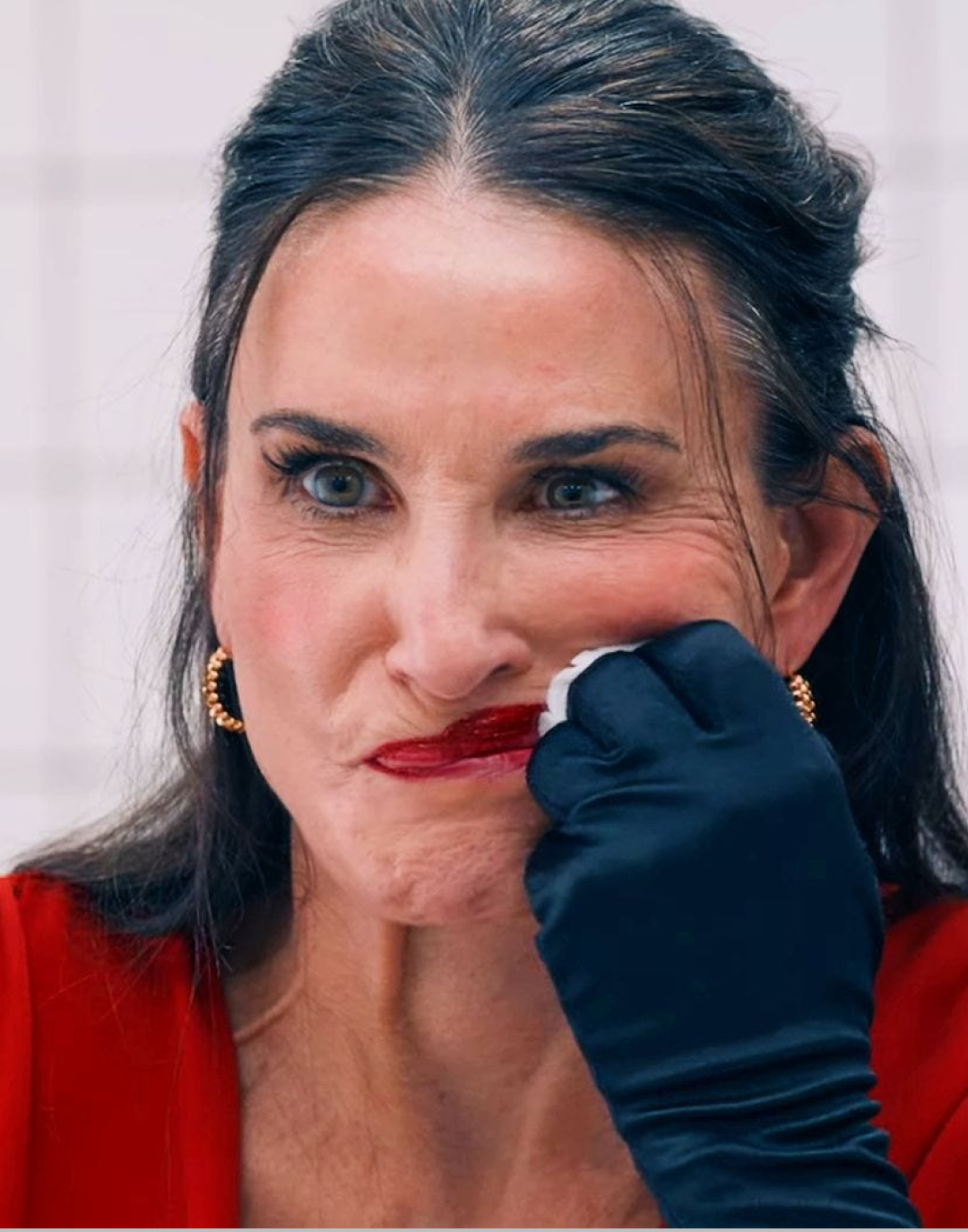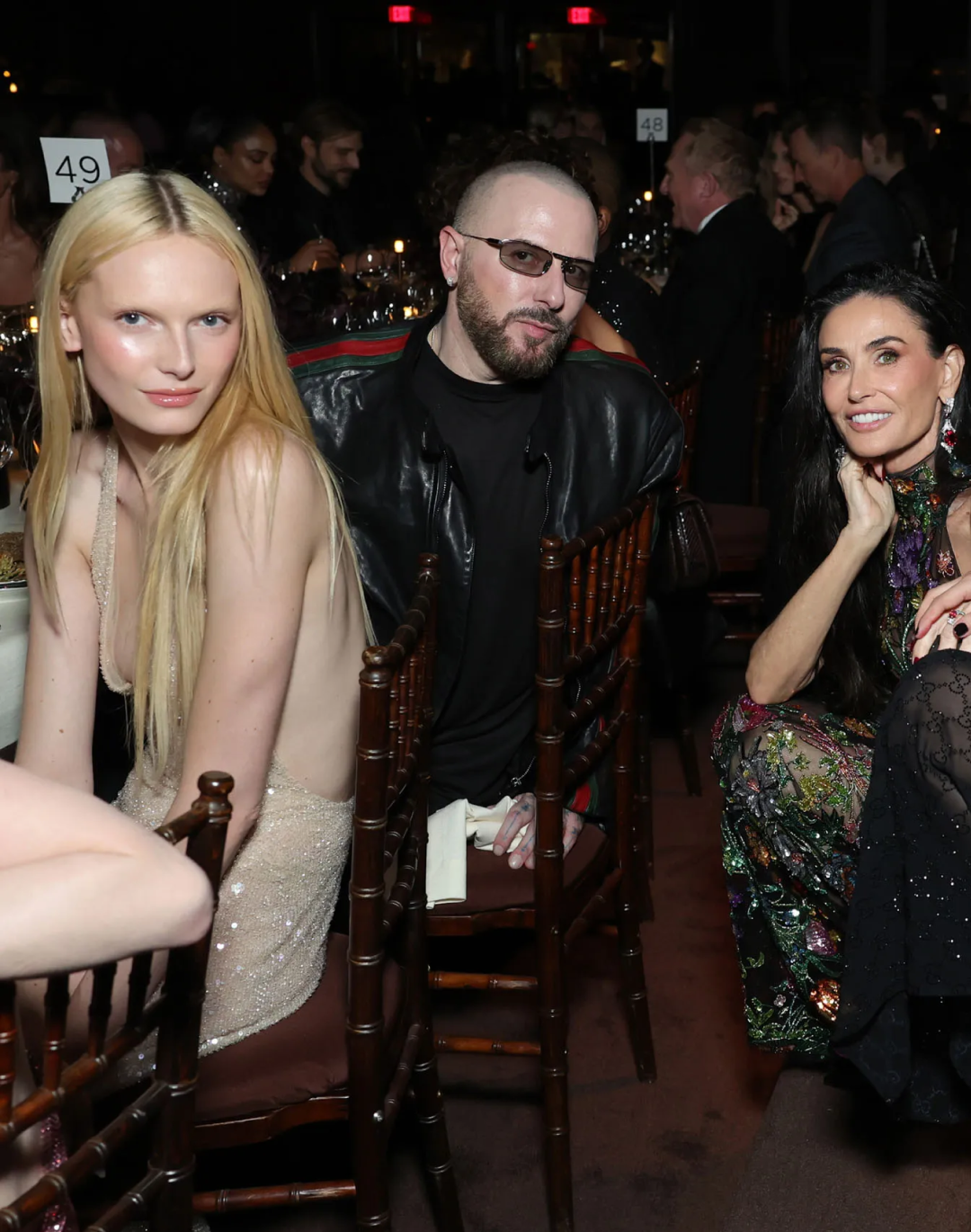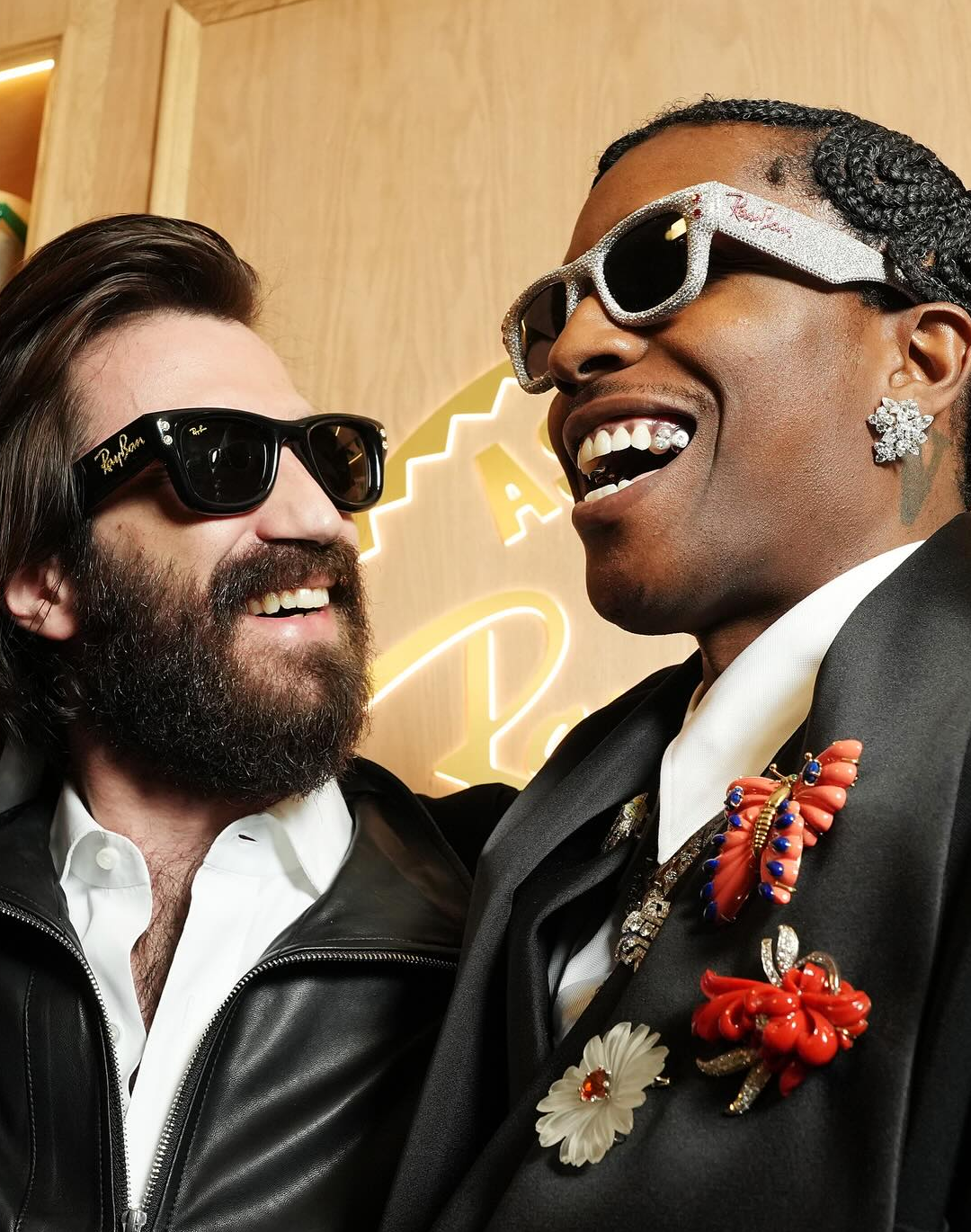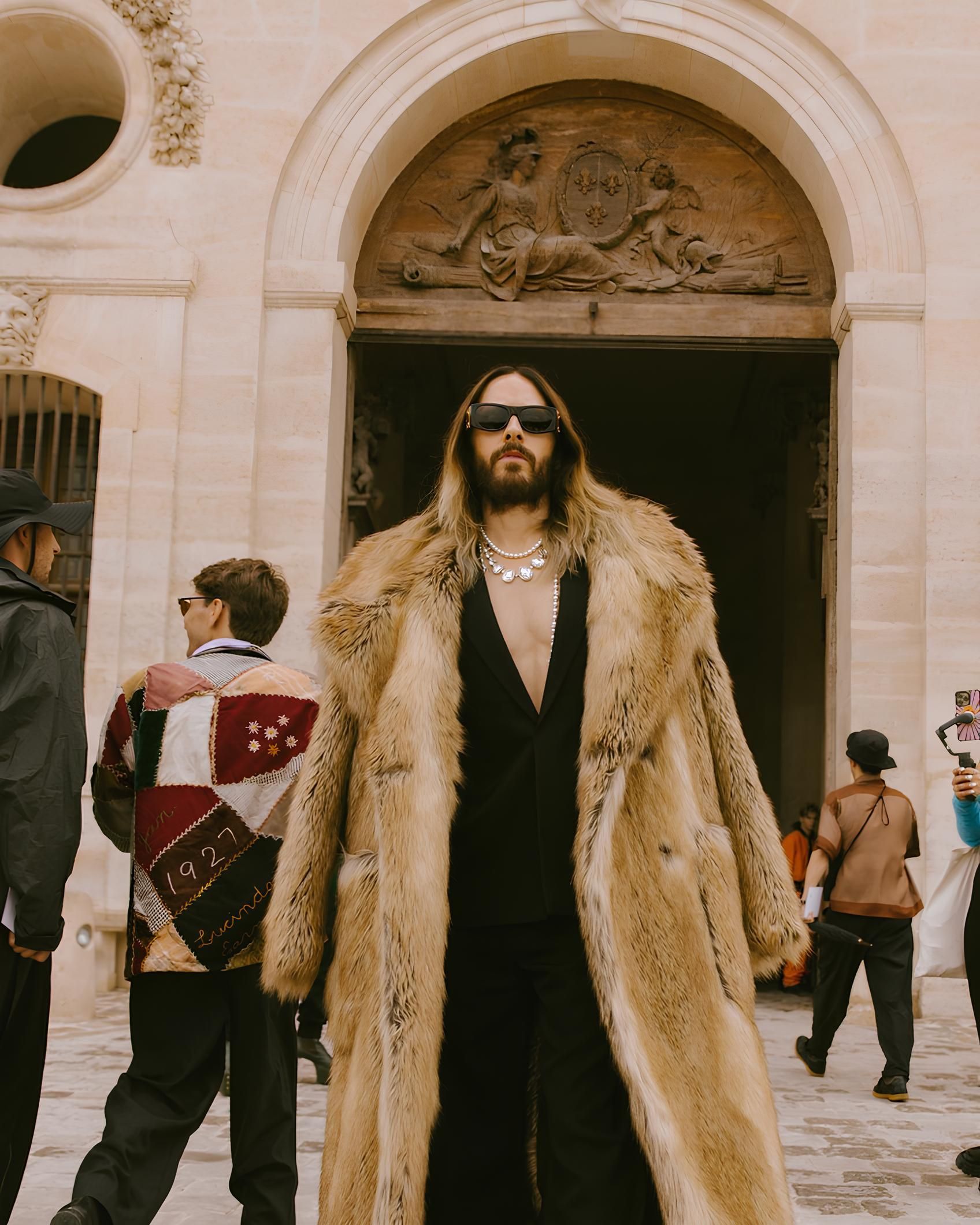How the luxury giants face the Metaverse From VivaTech with LVMH to Meta's new Avatar Stores
After a period of initial experimentation and confusing (and often unsuccessful) attempts to explore the Metaverse by beating others to the punch, brands have finally developed structured strategies to take fashion from Web 2.0 to 3.0. Major groups have created teams to create virtual worlds and products, as well as a series of initiatives to bring costumers closer to their Metaverse. From VivaTech with LVMH, to Meta's new Avatar Stores, the integration of physical and digital reality, especially in retail, is closer than ever. In fact, although Arnault dismissed Web 3 fever by saying that it would be better for LVMH to focus on 'real products', the sixth edition of Vivatech, the group's four-day innovation conference, was in effect a demonstration of redemption.
Speaking on stage at the Innovation Awards, LVMH president and CEO Bernard Arnault said that luxury and technology share the same core values: creativity, quality and leadership, although there is still "huge progress to be made" in the technological areas affecting retail, complicit with VR glasses, which "are not pleasant to wear." The most significant parts of the conference were the holograms, including that of Sheryl Sandberg, outgoing chief operating officer of Facebook's parent company Meta, who appeared in the form of an animated avatar in a conversation with L'Oréal CEO Nicolas Hieronimus, while Ukraine's President Volodymyr Zelensky was televised in 'Star Trek style', to use a BOF expression, from his bunker in Kiev, interspersed with an eclectic mix of brands and executives gathered to talk technology, from Audi to Amazon and Huawei, from Lancôme to Dior.
At the same time last Friday, in a live announcement on Instagram, Mark Zuckerberg joined Eva Chen, Meta's vice president for fashion and business partnerships, to share the announcement of the launch of the new Avatar Store. Dressed in a variety of looks, including a Balenciaga biker suit, a white anorak and shorts from Prada's Linea Rossa line, and one of Thom Browne's signature grey suits, Zuckerberg's avatar unveiled the first brands available for purchase at the Avatar Store: Balenciaga and Prada from the Kering group, Thom Browne independently. The flagships will debut next week in the US, Canada, Mexico and Thailand, although the price of the items has not yet been revealed. Zuckerberg, who has stressed that fashion will be a crucial part of the immersive fusion of the physical and digital worlds he is trying to build, recently travelled to Milan to gather support from Italian fashion leaders.
LVMH, on the other hand, is approaching retail in a decidedly more cautious manner, harnessing the driving force of the Very Important Client. For Louis Vuitton, this means bringing special events such as fashion shows, private parties and other exclusive events to VIC customers through virtual reality, for example by streaming fashion shows in VR and allowing customers to participate virtually from anywhere in the world. For Dior instead, LVMH inaugurated an interactive shopping system, currently being tested at the Paris store. Using Apple technology, any product appears almost instantly in front of a customer via a 3D render. The group has also reproduced an innovative but wary approach to cryptocurrencies: the LVMH brands do not currently accept them, but are examining them, unlike Gucci and Balenciaga, which with Kering's blessing are experimenting with crypto-based payment methods. But regardless of the various approaches, for both global luxury giants, the future of retail is Web 3.















































